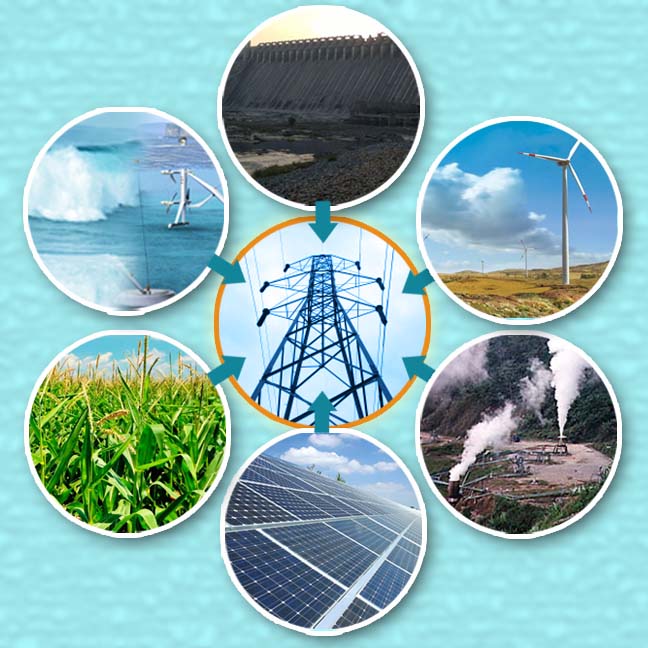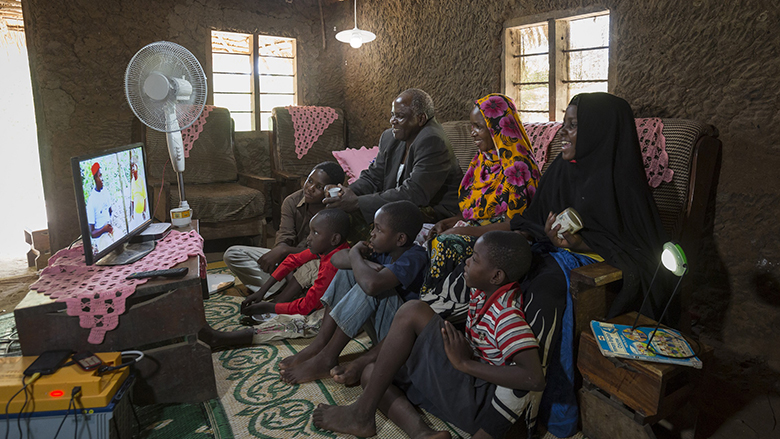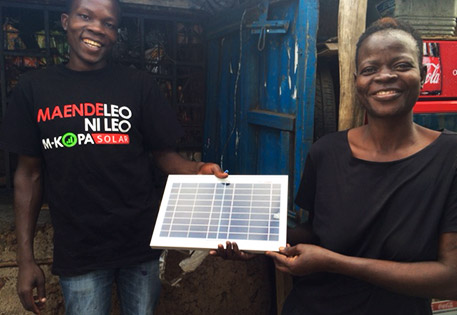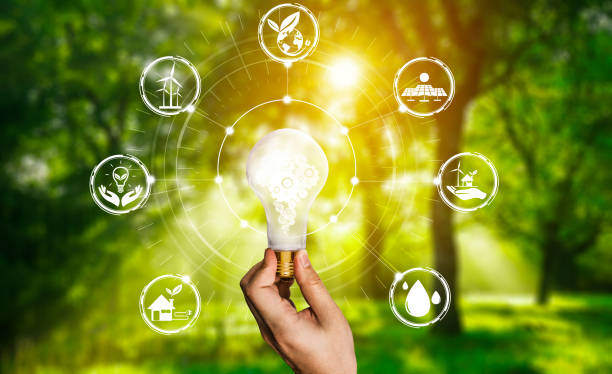
The importance of green energy cannot be over-emphasized as it plays a vital role in the energy transition due to its low environmental effect. It offers an option for non-renewable energy and helps fight global warming by not producing greenhouse gases or increasing carbon emissions.
In this article we will be discussing what Green Energy is all about, its types, and its importance.
What is Green Energy?
Green energy is any energy type generated from natural resources, such as sunlight, wind or water. It is a clean energy that comes from renewable sources that is non-polluting; that is to say, it does not harm the environment and is more sustainable, unlike fossil fuels.
For an energy to be classified as green energy, the resource does not produce pollution, such as is found with fossil fuels. For instance, power generation that burns organic material from sustainable forests may be renewable, but it is not necessarily green, due to the CO2 produced by the burning process itself.
Green energy sources are usually naturally replenished, unlike fossil fuel sources such as natural gas or coal, which can take millions of years to develop. Also, it often avoids mining or drilling operations that can be damaging to the eco-systems.
Sometimes people tend to confuse clean energies with renewable energies. However, the main difference is that all renewable energies are clean, but not all clean energies are renewable.
Therefore, Renewable energy comes from natural resources, such as the wind, sun, etc. While Clean energy is energy that produces little or no pollution that includes both renewable energy and also nuclear energy, and the carbon-neutralizing impact of technologies like carbon capture and sequestration (CCS).
Types of Green Energy

- Solar energy: It is gotten from the sun through Photovoltaic and thermo solar technology and used for electricity, heating, cooling etc.
- Wind power: It is gotten from the wind through wind turbines technology to produce electricity.
- Hydroelectric energy: It is gotten from water through hydroelectric plants to produce electricity.
- Geothermal energy: It is gotten from the earth surface through geothermal systems and heat pumps and is used for electricity, heating and cooling.
- Bioenergy: It is gotten from biomass through biomass combustion, biogas plants, biofuels and is used for electricity, heating and cooling, transportation.
Importance of Green Energy

- Green Energy is of great advantage to the Climate: Unlike fossil fuels that release a significant amount of greenhouse gas emissions and contributes to global warming, soot, and other pollutants, most sources of green energy results in little to no gas emissions and gives clean energy that are not harmful.
- Green Energy has little or no air pollutants: Generally, the increase in fossil fuel-based road transport, industrial activity, and power generation, as well as the open burning of waste in many cities, contributes to the elevated levels of air pollution that are very hazardous to our health and can cause prematured death of individuals. However, with the use of green energy with little or no air pollutants, such hazards could be managed and bring to a halt, thereby allowing individuals breathe clean air and sustain their health/life.
- Green energy comes with low costs: Geopolitical strife and upheavals often come with increasing energy prices and limited access to resources. Since renewable energy is produced locally, it is less affected by geopolitical crisis or price spikes or sudden disruptions in the supply chain, making it very affordable to all.

- Green energy creates job opportunities: The good part of green energy investments is that it deals with materials and a work-force to build and maintain the facilities, rather than on costly energy imports. Therefore, it opens an opportunity for the un-employed to carryout the work required. Also, green energy investments are usually spent within the continent, frequently in the same country, and often in the same town, which means that the money citizens pay for their energy supply stays home to create jobs and fuel the local economy.
- Green energy prevents power shortages: Unlike grids, green energy is dependable. This simply means that you can stay comfortably in your house, run your business, or industrial activities in peace without fear of power failure or outage that could be caused by weather-related impacts of climate change.
- Green energy is accessible to all and brings about development: In many parts of the world, renewables represent the lowest-cost source of new power generation technology, and costs continue to decline. Especially for cities in the developing world, renewable energy is the only way to expand energy access to all inhabitants, particularly those living in urban slums and informal settlements and in rural areas.

The above are just few of the importance of green energy and the fact remains that fossil fuels need to become a thing of the past because it has done more harm than good to our health and do not provide a sustainable and reliable solution to our energy needs.
However, green energy is reliable and is set to be part of the future of the world, offering a cleaner energy alternative to many of today’s energy sources. Readily replenished, these energy sources are not just good for the environment, but are also leading to job creation and are set to become economically viable as developments continue.

